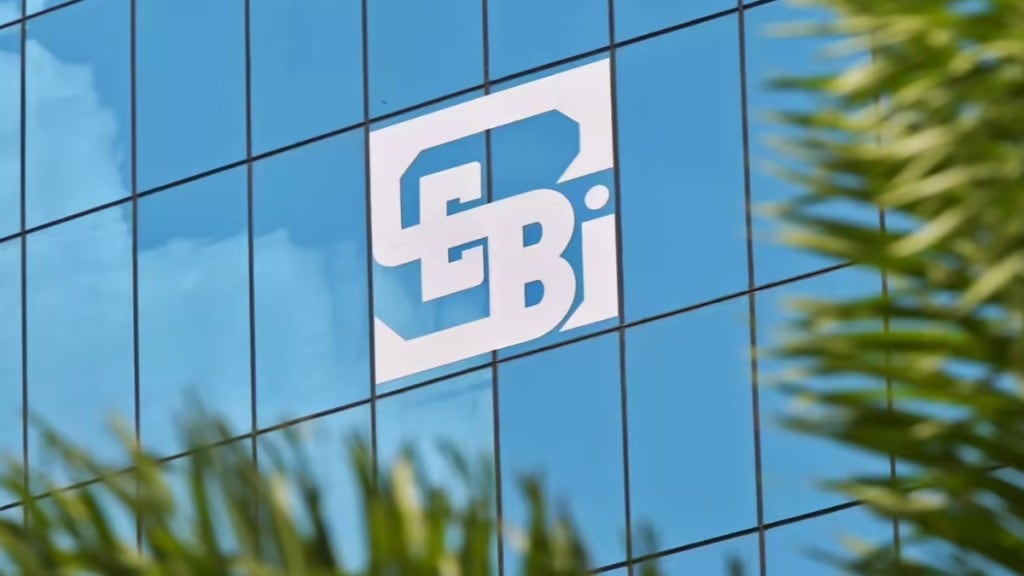The SEBI board is meeting today to consider several regulatory reforms aimed at easing rules for companies, investors, and market participants. The main topics that are set to be discussed during the meeting include IPO norms for large firms, rules for foreign and alternative investors and changes in market infrastructure regulations.
SEBI mulls relaxed IPO norms for large firms
As per a report by PTI, the board is expected to take up proposals to relax IPO norms for companies with very large market capitalisation. Under the new framework, firms will be allowed to come out with smaller IPOs initially and meet public shareholding requirements over a longer period.
For companies with a market value between Rs 50,000 crore and Rs 1 lakh crore, the minimum public offer (MPO) will be Rs 1,000 crore and at least 8% of post-issue capital. These firms will get five years to meet the minimum public shareholding (MPS) of 25%, instead of the current three years.
MPO and MPS targets based on market capitalisation
As per the most recent buzz, SEBI may put in new norms that mandate companies valued between Rs 1 – 5 lakh crore to come out with an MPO of Rs 6,250 crore and at least 2.75% of post-issue capital. They will get up to 10 years to meet MPS targets depending on their shareholding levels.
For firms above Rs 5 lakh crore in market capitalisation, the minimum IPO size will be Rs 15,000 crore with at least 1% of post-issue capital. These issuers must dilute at least 2.5% of their stake.
This means companies can list with smaller IPOs while gradually increasing public shareholding, reducing the immediate burden of large-scale equity dilution.
SEBI considering single-window system for foreign investors
The board may also clear a proposal to introduce a single-window system for low-risk foreign investors. The framework, called SWAGAT-FI (Single Window Automatic & Generalised Access for Trusted Foreign Investors), aims to make it easier for such entities to invest in Indian markets.
If approved, SWAGAT-FI will allow unified registration across multiple investment routes and reduce repeated compliance and paperwork. SEBI has identified low-risk investors as sovereign wealth funds, central banks, multilateral institutions, highly regulated public retail funds, insurance companies and pension funds.
SEBI may ease rules for accredited investors in AIFs
Apart from IPO and FPI rules, the board is expected to discuss changes to rules for accredited investors in certain alternative investment funds (AIFs). It may also consider expanding the scope of rating agencies’ activities and granting equity status to Real Estate Investment Trusts (REITs) and Infrastructure Investment Trusts (InvITs).
Other reforms on the table
Several of these proposals were already put up for public consultation, pointing to Sebi’s broader effort to refine India’s regulatory landscape.
This will be the third board meeting under SEBI Chairperson Tuhin Kanta Pandey, who took charge on March 1 earlier this year.
